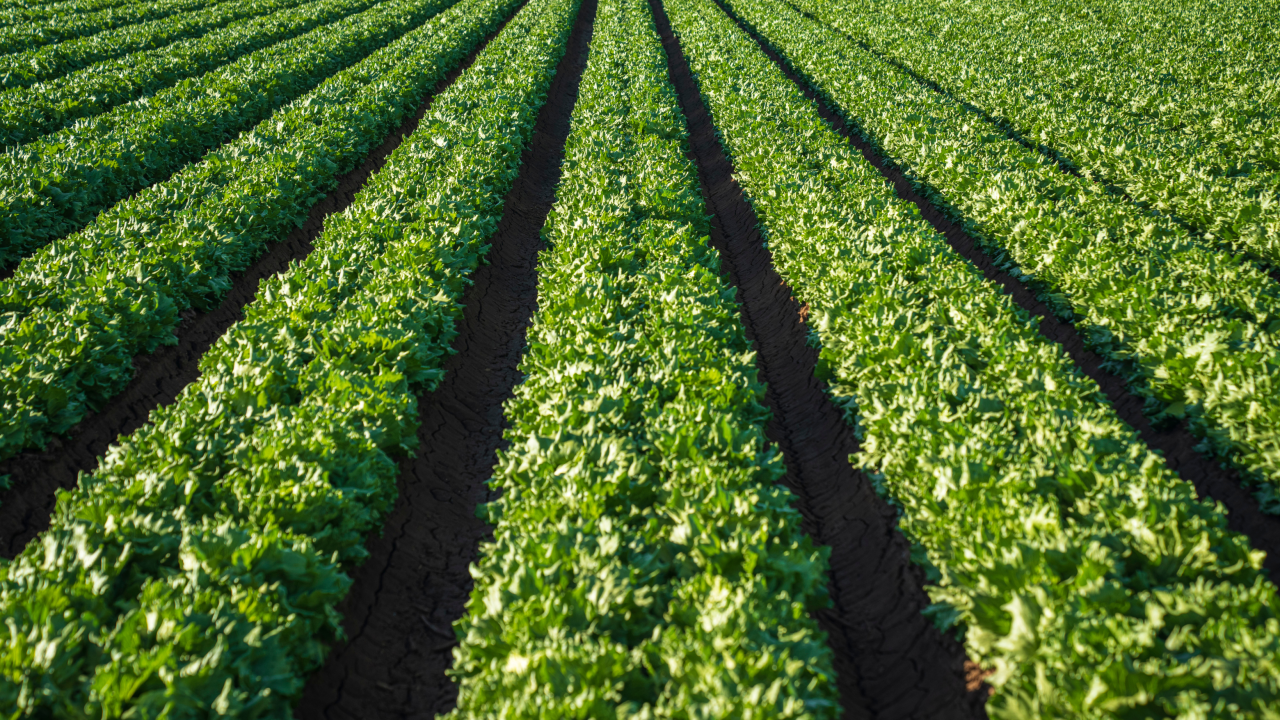
The Importance of Horticulture in Sustainable Agriculture
In today's rapidly evolving world, sustainable agriculture is a key focus for industries across the globe. One crucial aspect of sustainable agriculture is horticulture, which is vital in food production, environmental conservation, and economic growth. In this article, we will explore the significance of horticulture within the broader context of agriculture and discuss how it contributes to a more sustainable future.
What is Horticulture?
Horticulture refers to the science and art of cultivating plants for human use, including fruits, vegetables, flowers, and ornamental plants. Unlike traditional agriculture, which primarily focuses on large-scale crop production, horticulture emphasises the cultivation of high-value crops in smaller-scale settings. This approach allows for more precise control over growing conditions, improving crop quality and yield.
The Role of Horticulture in Sustainable Agriculture
1. Environmental Conservation
Horticulture plays a crucial role in environmental conservation by promoting practices that minimise the negative impact of agriculture on ecosystems. Farmers can reduce water usage, minimise chemical inputs, and encourage biodiversity by adopting sustainable horticultural techniques. These practices help preserve soil health, protect natural habitats, and mitigate the effects of climate change.
2. Economic Growth
The horticulture industry contributes significantly to the economy, generating employment opportunities and fostering rural development. In the United Kingdom alone, the horticulture sector is valued at billions of pounds and supports thousands of jobs. By investing in horticultural practices, countries can stimulate economic growth while ensuring food security and reducing dependence on imports.
3. Nutritional Security
Horticulture ensures nutritional security by providing a diverse range of fruits and vegetables. These crops are rich in essential vitamins, minerals, and antioxidants, promoting a healthy and balanced diet. By prioritising horticultural production, countries can reduce the risk of malnutrition and improve public health outcomes.
Challenges and Opportunities in Horticulture
While horticulture offers numerous benefits, it has its challenges. The nature of horticulture and the effect of short-term events, such as weather fluctuations, can create volatility in production. The global supply chain has also faced disruptions due to various factors, including the ongoing pandemic. Despite these challenges, the horticulture industry presents several opportunities for growth and innovation.
1. Localised Food Production
The recent supply chain disruptions have highlighted the importance of localised food production. By investing in horticulture, countries can reduce their reliance on imports and enhance their self-sufficiency in food production. Supporting local farmers and growers strengthens the domestic economy and reduces the carbon footprint associated with long-distance transportation.
2. Innovation and Technology
Advancements in technology have revolutionised the horticulture industry, enabling more efficient and sustainable practices. Precision agriculture techniques, such as hydroponics and vertical farming, maximise resource utilisation and minimise environmental impact. These innovative approaches allow for year-round production, independent of weather conditions, and provide opportunities for urban farming and community-supported agriculture.
3. Consumer Awareness and Demand
In recent years, there has been a significant shift in consumer preferences towards locally sourced, sustainably produced food. Consumers are increasingly conscious of their purchasing choices' environmental and social impact. By promoting the benefits of horticulture and educating consumers about the importance of supporting local farmers, the industry can meet the growing demand for sustainable and ethically produced food.
Government Support for Horticulture
Recognising the significance of horticulture in sustainable agriculture, governments worldwide are implementing measures to support and promote the industry. In the United Kingdom, the Food and Farming Secretary, Therese Coffey, has announced a package of measures to boost British farmers and encourage consumers to "buy British." These measures include industry-led campaigns to promote British produce, support for sustainable farming practices, and the appointment of agri-food attaches to expand trading markets.
Additionally, the government is investing in improving small abattoirs to facilitate local and international market access for farmers. The Small Abattoir Fund aims to enhance productivity, animal welfare, and the adoption of new technologies. These initiatives benefit farmers and contribute to the overall sustainability and resilience of the horticulture industry.
Conclusion
Horticulture is crucial in sustainable agriculture, offering solutions to environmental, economic, and nutritional challenges. By prioritising horticultural practices, countries can conserve natural resources, stimulate economic growth, and enhance food security. The support of governments and the increasing consumer demand for sustainable produce further reinforce the importance of horticulture in creating a more sustainable and resilient future.
*Additional Information: The nature of horticulture and the effect on production of short-term events such as weather can create some volatility, and any growing forecast is subject to short-term alterations. We know that Ireland and other parts of Europe face similar supply issues.
In 2021, we imported over £1.5 billion of fruits and vegetables from Spain and £340 million from Morocco. We consistently import over 30,000 tonnes of fresh tomatoes every month of the year. Through the winter months, most imports are from Morocco and Spain, but as more production comes online in the summer months, we also import from the Netherlands. In 2021, our home production accounted for around 17% of tomatoes.*
#backbritish #backbritishfarming #buybritish